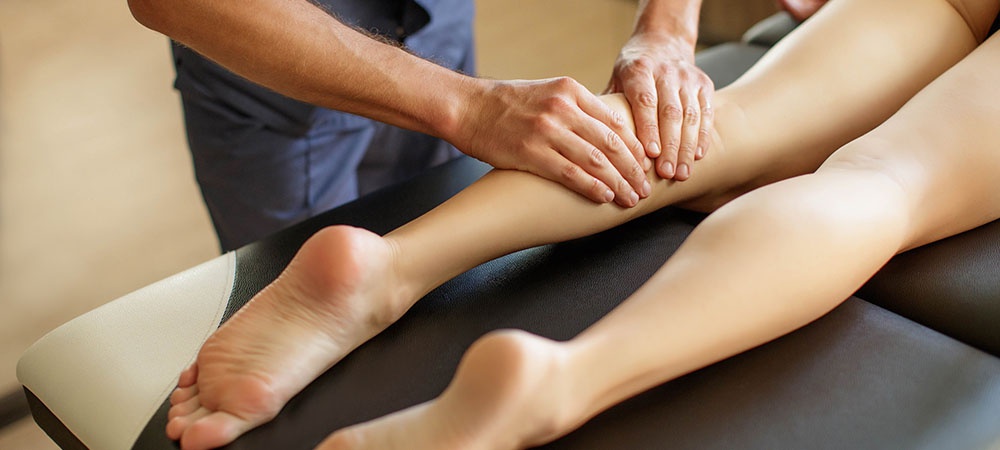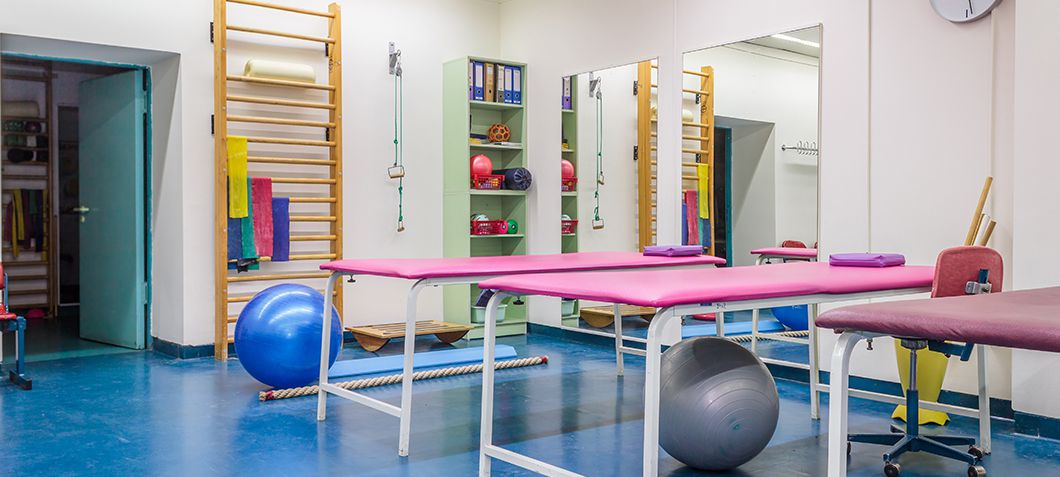As modern individuals lead increasingly sedentary lifestyles and face physical challenges, effective rehabilitation and pain management techniques have never been more vital.
Physical therapy (physiotherapy) offers a holistic approach to healing and recovery that provides transformative benefits. This blog post highlights Lockwood Clinic in downtown Toronto and our approach to physiotherapy.
Here, we’ll explore how our highly trained professionals use the latest physiotherapy techniques to deliver exceptional care and pain recovery.
Understanding Physiotherapy
Physiotherapy is a field of healthcare that seeks to maximize physical function and enhance the overall quality of life for its patients.
At Lockwood Clinic, expert physiotherapists apply their experience and knowledge to evaluate your condition and create customized treatment plans tailored specifically to your physical therapy needs.
By targeting pain or injury at its source, our approach to physiotherapy seeks to increase mobility, alleviate discomfort and promote overall wellness.
Related Article: Finding a Walk-In Clinic in Toronto: A Guide to Convenient and Affordable Healthcare
Rehabilitation Techniques at Lockwood Clinic
Lockwood Clinic’s primary objective in physical therapy is rehabilitation. For sports injuries, surgical procedures, chronic conditions or chronic issues, our physiotherapists use evidence-based techniques to assist recovery.
Our approach to physiotherapy includes physical strengthening, flexibility and balance exercises designed to restore functionality after injury or impairment. Our physiotherapists will gradually increase intensity and complexity as needed until you can confidently take part in daily activities.
Manual Therapy for Pain Reliever
Manual therapy, or “hands-on physiotherapy,” is another powerful approach used in physiotherapy to relieve pain. At Lockwood Clinic, skilled physiotherapists employ various manual therapy techniques such as joint mobilization, soft tissue massage and manipulation to
- Relieve discomfort by decreasing pain
- Increase joint mobility and tissue flexibility
- Decrease joint mobility issues.
Manual therapy has proven particularly useful in managing arthritis pain, muscle strains and post-surgery rehabilitation. Its hands-on nature allows physiotherapists to assess and treat specific areas of discomfort while supporting natural healing processes within our bodies.
Electrical Modalities for Pain Management
Lockwood Clinic employs advanced electrical modalities, including transcutaneous electrical nerve stimulation (TENS), ultrasound and electrical muscle stimulation (EMS), to effectively manage pain.
These non-invasive techniques work by stimulating nerves and muscles to alleviate discomfort while decreasing inflammation levels — providing an alternative or complementary method of pain control without potential side effects from medications. Electrical modalities are especially helpful in relieving chronic discomfort related to nerve conditions or muscular imbalance.
Mobility Exercises
Mobility Exercises play a critical role in physical therapy, helping restore range of motion and functionality. Lockwood Clinic’s skilled physiotherapists guide their patients through targeted exercises designed to strengthen weak muscles, increase flexibility and enhance coordination.
Our mobility exercise programs are custom-tailored to your specific needs and limitations for safe rehabilitation processes. By including mobility exercises in treatment plans at Lockwood Clinic, our physiotherapists help you regain independence, enhance your quality of life and prevent future injuries.
Holistic Wellness Promotion
Lockwood Clinic’s physiotherapy goes beyond rehabilitation and pain management; it promotes holistic wellness. Our aim is not just to alleviate symptoms but also to address physical, emotional, and social aspects of your health.
Our physiotherapists take an integrated approach by educating patients about healthy lifestyle choices, ergonomics, posture correction and self-management strategies. This way, we ensure you actively participate in your healing and long-term well-being.
By including such holistic elements into their practice at Lockwood Clinic, our physiotherapists support patients in reaching optimal physical health — with long-term benefits!
Related Article: How Can a Student Get Health Insurance in Canada
Final Thoughts
Physiotherapy is invaluable in rehabilitation and pain management, providing a holistic approach to healing and recovery. At Lockwood Clinic in downtown Toronto, our skilled physiotherapists use various techniques and therapies — from exercises, manual therapy, and electrical modalities — to restore mobility, decrease pain levels, and promote overall wellness.
With this understanding of the transformative power of physical rehabilitation, you can also begin the journey toward optimal physical health and well-being by directly engaging with Lockwood Clinic physiotherapy services.
Experience these remarkable benefits yourself today and take that first step toward living pain-free, active life filled with activities and joy! Contact Lockwood Clinic at 416-929-1900 to set up your first appointment.















